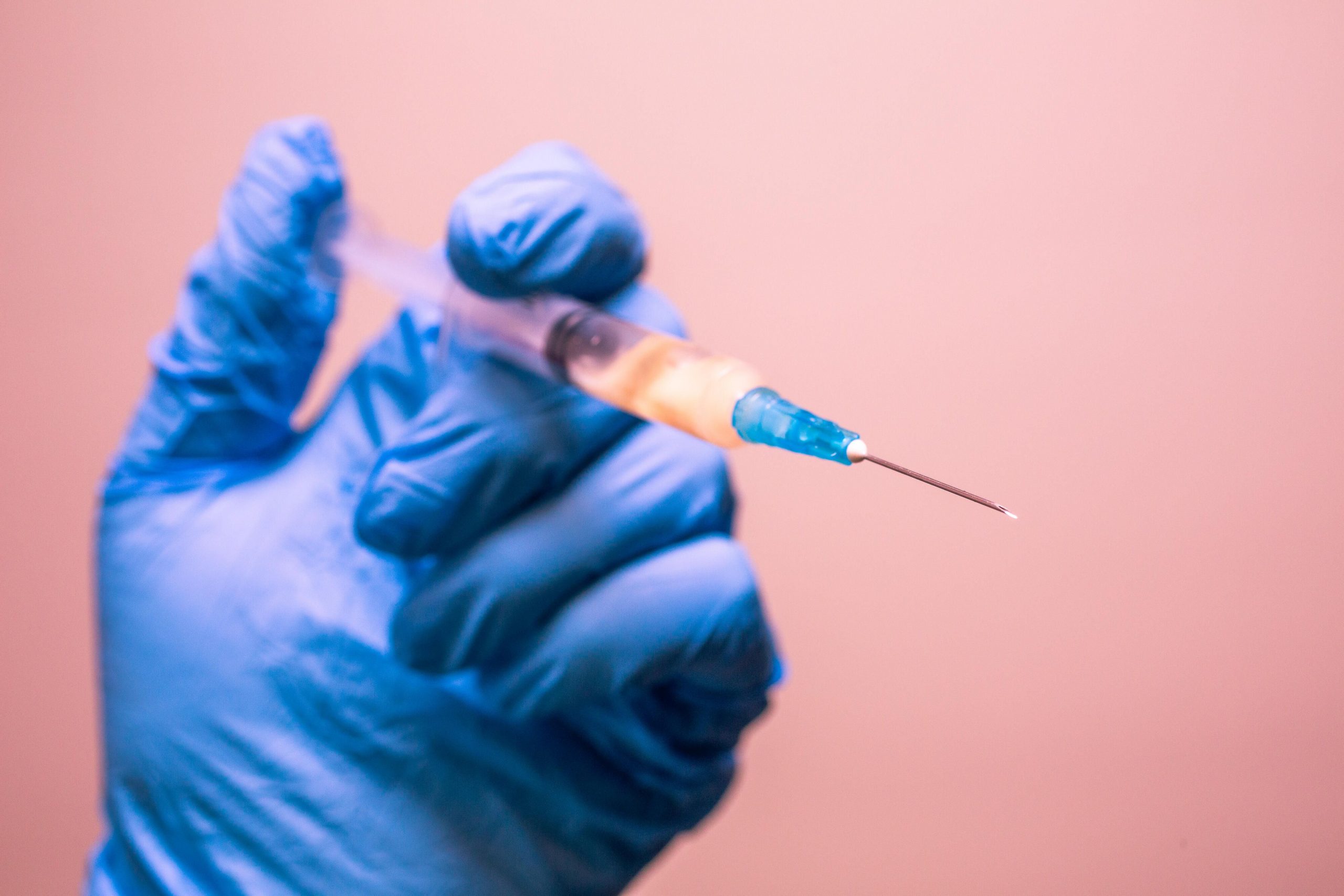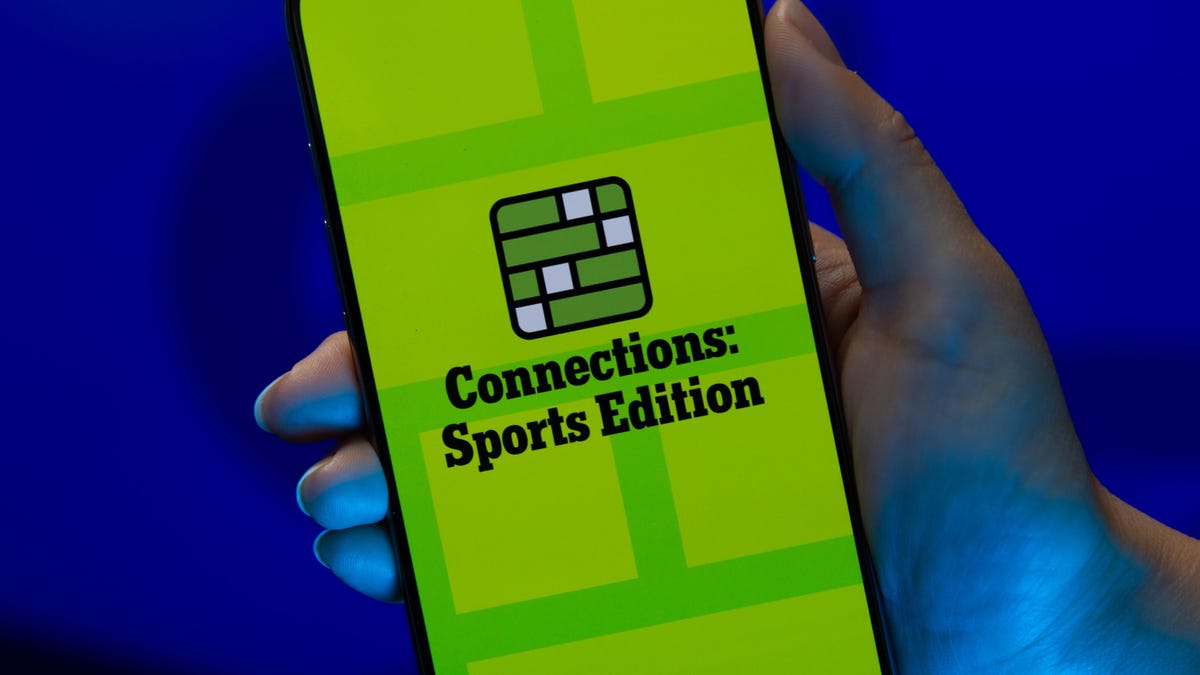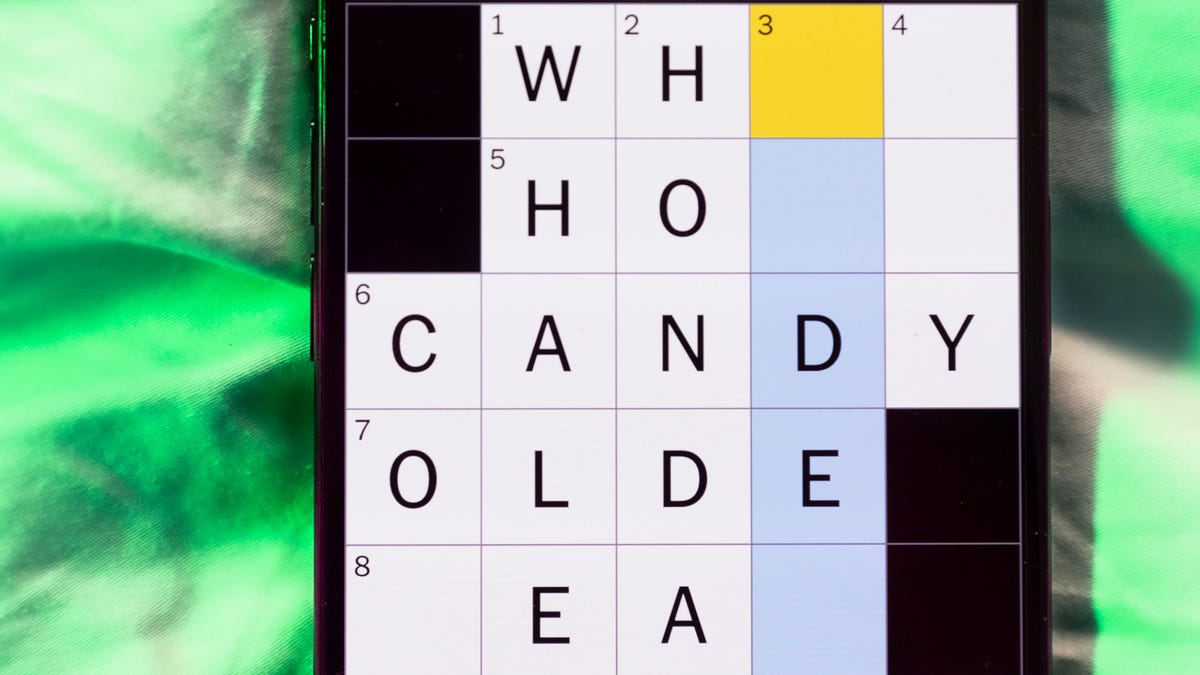Technologies
COVID-19 booster shots for the vaccinated: 8 things you need to know
A third vaccine dose is now available now for the most vulnerable. We’ll explain how many others could be in line to get a booster as early as next month.

Though the plan for COVID-19 booster shots still needs to be approved by the US Food and Drug Administration, those third jabs are coming. And they’re not just for people with compromised immune systems. On Aug. 19, the Biden administration announced it’s recommending that adults fully vaccinated with the two-dose Pfizer or Moderna vaccine get a third shot as a booster. The shots will start to be made available next month.
The booster will provide added protection to the fully vaccinated as the COVID-19 delta variant surges across the country. The plan comes as research shows that the effectiveness of the vaccines can decline. «Recent data makes clear that protection against mild and moderate disease has decreased over time,» US Surgeon General Vivek Murthy said. «This is likely due to both waning immunity and the strength of the widespread delta variant.»
The White House plan would allow for the booster shot eight months after receiving the second dose of the Pfizer or Moderna vaccine. The need for a booster shot for the one-dose Johnson & Johnson vaccine is also likely, though a plan hasn’t yet been made. Murthy says those who were vaccinated early on will be eligible for the booster first, and priority will go to those most vulnerable, including health care workers, nursing home residents and seniors.
What does all this mean in the US? Read on for what we know about COVID-19 booster shots today, including who can get them now, why they’re needed, how they relate to breakthrough infections and what the controversy has been surrounding third shots. We’ll be updating this as new information is released.
Who could qualify for the COVID-19 booster shot and when?
On Aug. 19, health officials with the Biden administration recommended an additional shot for American adults 18 and over who are fully vaccinated with the Pfizer or Moderna shots. The guidance follows reports from Israel that the protection the Pfizer vaccine provides may start to decrease after eight months.
However, the booster plan still needs to be evaluated and approved by the FDA, which will review the safety and effectiveness of a third dose of the Pfizer and Moderna mRNA vaccines. The plan is also pending recommendation by the Centers for Disease Control and Prevention’s Advisory Committee on Immunization Practices.
The administration is recommending a booster shot eight months after becoming fully vaccinated. So, for those who received their shots in January and February, that could be as early as mid-September. The booster vaccines are expected to be available the week of Sept. 20.
«We believe that that third dose will ultimately be needed to provide the fullest and continual extent of protection that we think people need from the virus,» Murthy said. «Our plan is to stay ahead of this virus by being prepared to offer COVID-19 booster shots to fully vaccinated adults 18 years and older.» Murthy said the FDA will evaluate booster shots for those younger than 18 years of age, and the administration will follow FDA recommendations for minors.
What about those eligible for booster shots now?
Some people who already are eligible under guidelines from the CDC can go out and get their third dose of a COVID-19 vaccine immediately. The list of immunocompromised people who can get a third shot includes solid organ transplant recipients or people who have an «equivalent level of immunocompromise» and who have a reduced ability to fight off infections, making them more vulnerable to the coronavirus. Booster authorization hasn’t yet been expanded more broadly to those with other chronic medical conditions.
The current CDC recommendation is for an additional dose of the two-shot vaccine for certain immunocompromised people, which is a small group. Within that category, the recommendation is for those 18 and older for the Moderna vaccine, and 12 and older for the Pfizer vaccine. The FDA didn’t authorize an additional dose of the Johnson & Johnson vaccine, and because of a lack of data, the CDC hasn’t recommend a second dose for immunocompromised people who got the one-shot vaccine.
About 3% of US adults are immunocompromised, according to the CDC, but research suggests they account for about 44% of hospitalized breakthrough cases of COVID-19. Not only are they more likely to get very ill from COVID-19, they also have a lower antibody response to vaccines and are at a higher risk of transmitting the virus.
Those with other conditions, like diabetes and heart disease, aren’t advised to get a booster, at least for now. Here’s a list of people the CDC recommends get an extra dose if they got the Pfizer or Moderna vaccine:
- Those with advanced or untreated HIV infection.
- Cancer patients and transplant recipients who are taking certain immunosuppressive drugs.
- Those receiving active cancer treatment for tumors or cancers of the blood.
- Those with moderate or severe primary immunodeficiency.
- Patients being treated with high-dose corticosteroids or other drugs that may suppress immune response.
- People who received a stem cell transplant within the last two years and are taking certain drugs. The CDC says to talk to your medical provider about your health condition and whether a third shot is appropriate.
If you’re unsure whether you’re qualified, the CDC says to talk to your medical provider about your health condition and whether a third dose is appropriate.
What about a Johnson & Johnson booster shot?
Administration officials said they expect those who received the one-dose Johnson & Johnson vaccine will also need another jab, but since it didn’t receive approval (and thus start being administered) until March, more research is necessary. «We expect more data on J&J in the coming weeks,» Murthy said. «With that data in hand, we will keep the public informed with the timely plan for J&J booster shots.»
Will the booster shots be free and readily available?
The current one-dose vaccine shot from Johnson & Johnson and two-dose vaccines from Moderna and Pfizer are free to anyone who wants to get vaccinated. And the additional shots will be free too. «These booster shots are free,» Biden said. «It will be easy. Just show your vaccination card and you’ll get a booster. No other ID. No insurance. No state registry requirements.»
«It will be just as easy and convenient to get a booster shot as it is to get a first shot today. We have enough vaccine supply for every American,» said White House COVID-19 response coordinator Jeff Zients, adding that those who are eligible will be able to get a booster at roughly 80,000 places across the country, including over 40,000 local pharmacies. Zients said 90% of Americans have a vaccine site within five miles of where they live.
What’s behind the need for COVID-19 booster shots?
«The COVID-19 vaccines that are authorized in the United States have been remarkably effective, even against the widespread delta variant. But we know that even highly effective vaccines become less effective over time,» Murthy said.
Calling the eradication of the COVID-19 virus «unlikely,» a UK scientific advisory group found (PDF) that there’s a «realistic possibility» that a variant will emerge that is resistant to the current battery of vaccines. Governments, public health organizations and vaccine makers are all tracking developments in coronavirus variants like delta and lambda, hoping to determine if booster shots targeting new variants will be needed among the general population.
What’s the relationship to COVID ‘breakthrough cases’?
As of July, in the US, «breakthrough» coronavirus cases caused by the dominant delta variant amount to less than 1% of people who are fully vaccinated. Both the Moderna and Pfizer vaccines have proved to be more than 90% effective against hospitalizations and death. Nonetheless, a CDC study shows that vaccinated people can both contract the highly contagious delta variant and spread it. According to a widely reported internal CDC memo, the delta variant spreads as easily as chicken pox, which is considered more contagious than the flu but less contagious than measles.
The surge in new COVID-19 cases is primarily affecting unvaccinated people and causing community spread, and in turn, prompting the return of mask mandates and guidance in hard-hit areas, even for people who have full vaccine protection. The debate over mask use and vaccine boosters underscores how scientists and other health experts continue to grapple with the uncertainties of COVID-19.
According to Murthy, «We are concerned that this pattern of decline we are seeing will continue in the months ahead, which could lead to reduced protection against severe disease, hospitalization and death.»
What’s the global controversy over booster shots?
Israel is now administering third doses of the vaccine to those 50 and older, and the UK has similar plans for September. However, this is resulting in a backlash among countries that are struggling to deliver first and second shots to residents.
World Health Organization Director-General Tedros Adhanom Ghebreyesus called for a «moratorium» on booster shots in high-income countries, citing the global disparity in vaccine distribution. Of the 4 billion doses administered globally, 80% have gone to high- and upper-middle income countries that make up less than half the world’s population, he said.
«We cannot accept countries that have already used most of the global supply of vaccines using even more of it, while the world’s most vulnerable people remain unprotected. We call on vaccine producers to prioritize Covax,» Tedros said, referring to the world’s COVID-19 vaccine distribution program.
White House Press Secretary Jen Psaki said on Aug. 17 that the US will have enough vaccines to both provide boosters for those who are fully vaccinated in the US and meet the global demand. «We have long planned from enough supply,» she said.
The US has so far shipped 115 million vaccine doses to 80 different countries, Zients said. «Our wartime efforts will continue doing everything we can to get even more people vaccinated both here at home and around the world. We can and must do both at the same time because that’s what it’s going to take to end this pandemic,» he said.
Is it possible to mix and match COVID-19 vaccines?
According to The New York Times, administration officials will recommend people get a booster of the same vaccine they originally received. The CDC now says a third dose of a different vaccine brand is permitted if a dose of the same type isn’t available.
Other global health agencies and countries are testing administered vaccines from two different manufacturers. In the UK, for example, a recent study found that those who received a first dose of the AstraZeneca vaccine and a second of Pfizer had a higher immune response than those who received two doses of the AstraZeneca vaccine.
While we watch how the situation develops, here’s what we know about the delta variant and info on whether you need to continue to wear a mask.
The information contained in this article is for educational and informational purposes only and is not intended as health or medical advice. Always consult a physician or other qualified health provider regarding any questions you may have about a medical condition or health objectives.
Technologies
Ziff Davis Sells DownDetector, Speedtest and More to Accenture for $1.2B
Technologies
Today’s NYT Connections: Sports Edition Hints and Answers for March 4, #527
Here are hints and the answers for the NYT Connections: Sports Edition puzzle for March 4, No. 527.

Looking for the most recent regular Connections answers? Click here for today’s Connections hints, as well as our daily answers and hints for The New York Times Mini Crossword, Wordle and Strands puzzles.
Today’s Connections: Sports Edition is a tough one unless you’re really familiar with a certain sports romance show and book series. If you are, you should have no problems with the blue category. If you’re struggling with today’s puzzle but still want to solve it, read on for hints and the answers.
Connections: Sports Edition is published by The Athletic, the subscription-based sports journalism site owned by The Times. It doesn’t appear in the NYT Games app, but it does in The Athletic’s own app. Or you can play it for free online.
Read more: NYT Connections: Sports Edition Puzzle Comes Out of Beta
Hints for today’s Connections: Sports Edition groups
Here are four hints for the groupings in today’s Connections: Sports Edition puzzle, ranked from the easiest yellow group to the tough (and sometimes bizarre) purple group.
Yellow group hint: Lone Star State.
Green group hint: Support the team.
Blue group hint: Hockey love story.
Purple group hint: Not short.
Answers for today’s Connections: Sports Edition groups
Yellow group: Texas teams.
Green group: Sportswear brands.
Blue group: Associated with «Heated Rivalry.»
Purple group: Long ____.
Read more: Wordle Cheat Sheet: Here Are the Most Popular Letters Used in English Words
What are today’s Connections: Sports Edition answers?
The yellow words in today’s Connections
The theme is Texas teams. The four answers are Astros, Mavericks, Stars and Texans.
The green words in today’s Connections
The theme is sportswear brands. The four answers are Adidas, Champion, Fila and Starter.
The blue words in today’s Connections
The theme is associated with «Heated Rivalry.» The four answers are Hollander, Metros, Raiders and Rozanov.
The purple words in today’s Connections
The theme is long ____. The four answers are Beach State, jump, relief and snapper.
Technologies
Today’s NYT Mini Crossword Answers for Wednesday, March 4
Here are the answers for The New York Times Mini Crossword for March 4.

Looking for the most recent Mini Crossword answer? Click here for today’s Mini Crossword hints, as well as our daily answers and hints for The New York Times Wordle, Strands, Connections and Connections: Sports Edition puzzles.
Need some help with today’s Mini Crossword? It will help if you’re a basketball fan, at least for the answer to 1-Down. Read on for all the answers. And if you could use some hints and guidance for daily solving, check out our Mini Crossword tips.
If you’re looking for today’s Wordle, Connections, Connections: Sports Edition and Strands answers, you can visit CNET’s NYT puzzle hints page.
Read more: Tips and Tricks for Solving The New York Times Mini Crossword
Let’s get to those Mini Crossword clues and answers.
Mini across clues and answers
1A clue: Any mentee of Yoda
Answer: JEDI
5A clue: Plow pullers
Answer: OXEN
6A clue: Animal in the family Mephitidae, which comes from the Latin for «stink»
Answer: SKUNK
7A clue: Scotsman’s wear
Answer: KILT
8A clue: Sections of a play
Answer: ACTS
Mini down clues and answers
1D clue: Nikola ___, three-time N.B.A. M.V.P. (2021, 2022 and 2024)
Answer: JOKIC
2D clue: Jump for joy
Answer: EXULT
3D clue: Auto body issues
Answer: DENTS
4D clue: Tattoos, informally
Answer: INK
6D clue: Music similar to reggae
Answer: SKA
-

 Technologies3 года ago
Technologies3 года agoTech Companies Need to Be Held Accountable for Security, Experts Say
-

 Technologies3 года ago
Technologies3 года agoBest Handheld Game Console in 2023
-

 Technologies3 года ago
Technologies3 года agoTighten Up Your VR Game With the Best Head Straps for Quest 2
-

 Technologies4 года ago
Technologies4 года agoBlack Friday 2021: The best deals on TVs, headphones, kitchenware, and more
-

 Technologies5 лет ago
Technologies5 лет agoGoogle to require vaccinations as Silicon Valley rethinks return-to-office policies
-

 Technologies5 лет ago
Technologies5 лет agoVerum, Wickr and Threema: next generation secured messengers
-

 Technologies4 года ago
Technologies4 года agoOlivia Harlan Dekker for Verum Messenger
-

 Technologies4 года ago
Technologies4 года agoiPhone 13 event: How to watch Apple’s big announcement tomorrow
